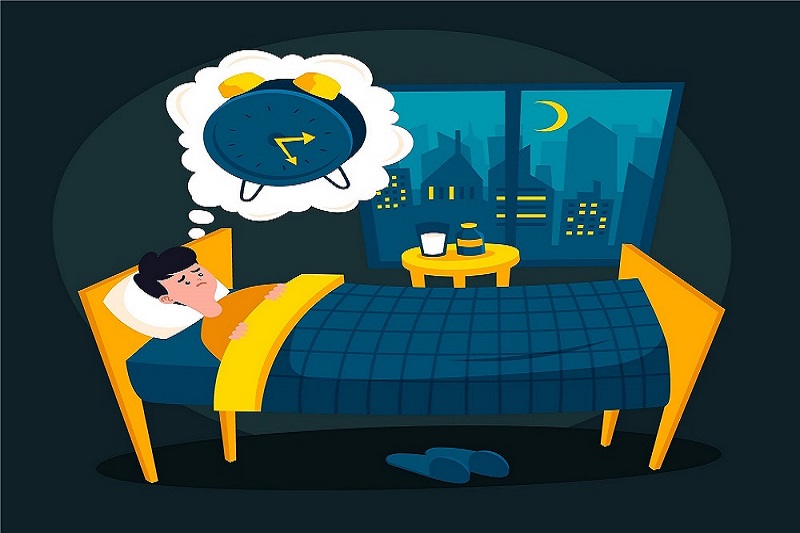Health and Fitness Series 4: The Power of Sleep and Recovery in Your Wellness Journey
Welcome to the fourth entry in our Health and Fitness series! After discussing foundational fitness, home workouts, and healthy eating, it’s time to focus on a pillar often overlooked but absolutely vital: sleep and recovery. In a world where “hustle” is celebrated, prioritizing rest is one of the smartest investments you can make for your health.
Why Prioritize Sleep and Recovery?
Sleep and recovery aren’t just about feeling refreshed. They play a key role in:
- Muscle repair and growth after workouts.
- Hormonal balance affecting appetite, stress, and metabolism.
- Cognitive function, mood, and focus for your daily tasks.
Lack of quality sleep is linked to increased risk of cardiovascular problems, weakened immunity, weight gain, and mental fatigue.
Sleep Hygiene: Tips for Better Rest
- Stick to a consistent schedule: Aim to go to bed and wake up at the same time every day—even on weekends.
- Create a calming bedtime routine: Try light reading, stretching, or meditation 30 minutes before bed.
- Limit screens before sleep: Blue light from devices can disrupt your natural sleep cycle. Switch off at least 30–60 minutes before you plan to sleep.
- Optimize your sleep environment: Keep your room cool, quiet, dark, and comfortable.
Recovery Beyond Sleep
- Active recovery: Incorporate light activities (walking, yoga, stretching) on rest days to boost circulation and aid recovery.
- Hydration and nutrition: Rehydrate and consume balanced meals post-workout to replenish energy stores.
- Listen to your body: Rest more if you notice signs of overtraining like persistent fatigue, irritability, or sleep disturbances.
Balancing Training and Rest
- Plan rest days: Schedule at least 1–2 full rest days each week and adjust your routine based on how your body feels.
- Variety is key: Mix high- and low-intensity workouts to avoid burnout and injury.
- Learn to say no: It’s okay to skip a session if you’re unwell or genuinely exhausted. Consistency matters, but so does longevity.
Tech Tools for Sleep and Recovery
- Use sleep tracking apps or wearable devices to monitor sleep stages and patterns.
- Try guided relaxation apps for meditation or breathing exercises to unwind before bedtime.
Looking Ahead
Our next blog will cover managing stress and building mental resilience—and how your mindset can transform your approach to health and fitness.
“Take care of your body. It’s the only place you have to live.” – Jim Rohn
Remember, progress in fitness comes just as much from what you do outside the gym as inside it. Prioritizing quality sleep and smart recovery helps you reach your goals faster, safer, and happier. Share your own sleep tips or recovery hacks in the comments, and let’s keep building healthier habits together!
—

